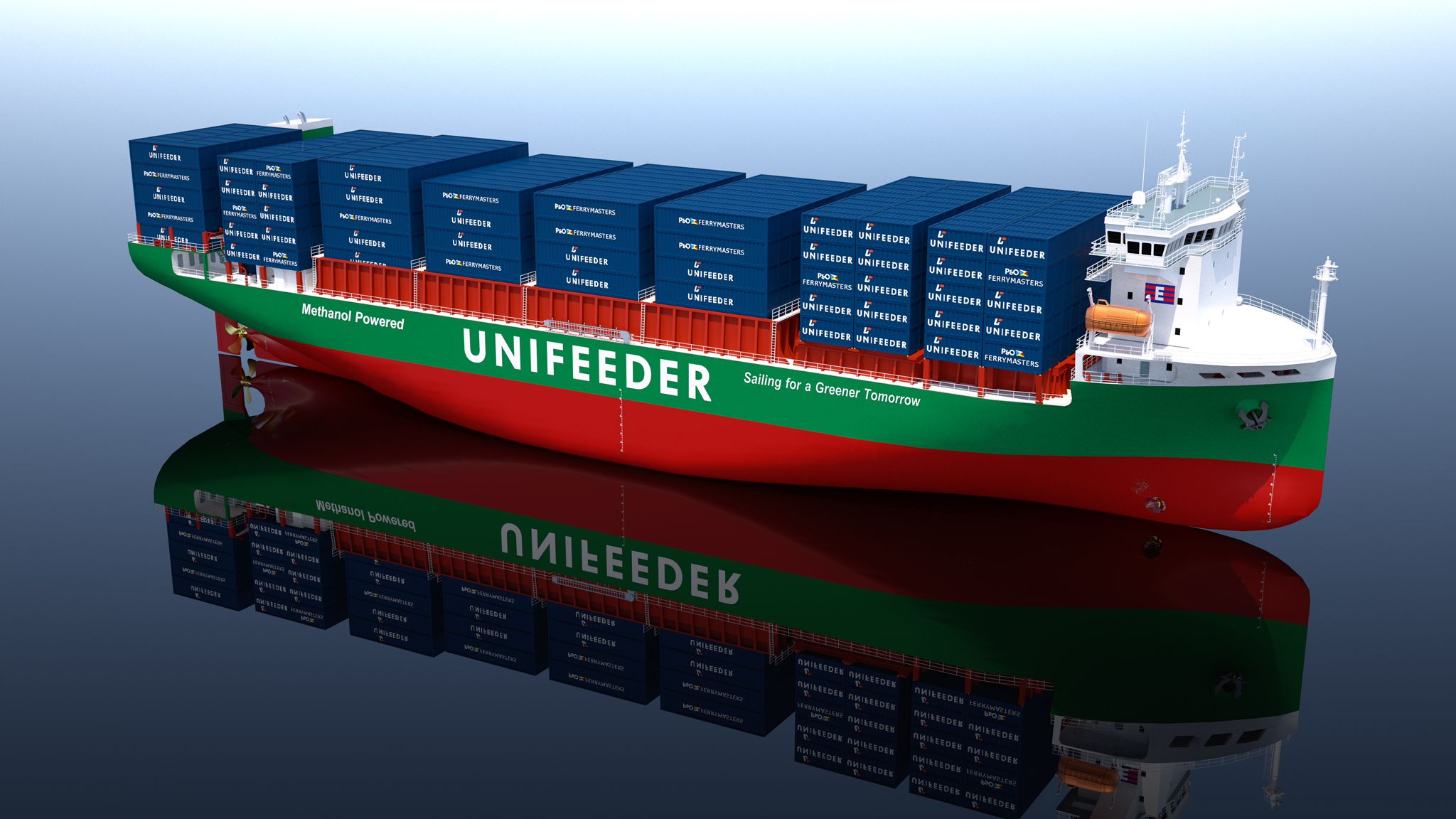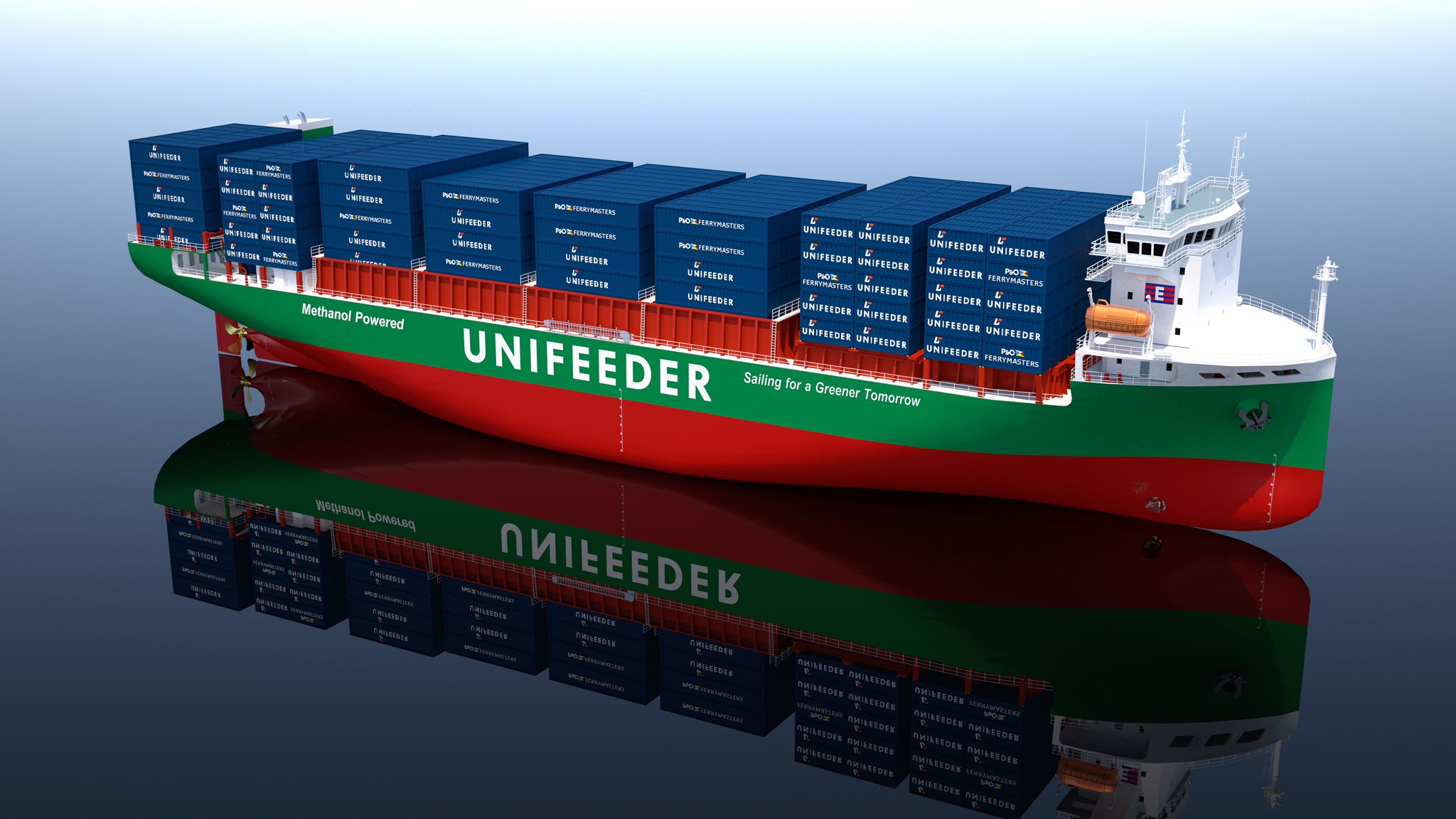How is the maritime sector navigating the twin pressures of decarbonisation and digitalisation? What role do regulation, education, and innovation play in steering global shipping toward a greener future?
In this edition of Logistics Business Conversations, host Peter MacLeod, editor of Logistics Business Magazine, welcomes Anna Kaparaki – senior solicitor, DBA researcher in maritime decarbonisation, and Course Director for the MSc Sustainable Maritime Operations at Liverpool John Moores University.
Together, they explore the seismic shift taking place across the maritime industry as it races to meet net-zero targets, comply with evolving international regulations, and embrace the circular economy.
In this episode, you’ll discover:
- How emerging technologies like AI, IoT, and digital twins are enabling greener, more efficient maritime operations
- The growing complexity of global and regional sustainability regulations — from IMO frameworks to the EU ETS and FuelEU Maritime
- Why education and training are critical to preparing the next generation of maritime professionals
- Real-world decarbonisation case studies, from wind-assisted propulsion to methanol-fueled container ships
- Strategies for implementing circular economy principles and sustainable ship recycling
- The impact of international maritime law and insurance on green compliance
- Career opportunities in ESG compliance, green finance, and maritime sustainability management
- The role of ports, intermodal systems, and digital platforms in building more resilient, lower-carbon supply chains
As Anna says, “Technology alone won’t solve these challenges. We need professionals who can integrate technical, legal and commercial knowledge to lead maritime’s sustainable transition.”
Whether you’re a maritime professional, policy expert, student, or logistics leader, this conversation offers practical insights into the challenges and opportunities shaping the shipping industry’s net-zero journey.
Listen now: Logistics Business Conversations – The Logistics Podcast
This episode is in partnership with Lloyd’s Maritime Academy and Liverpool John Moores University




